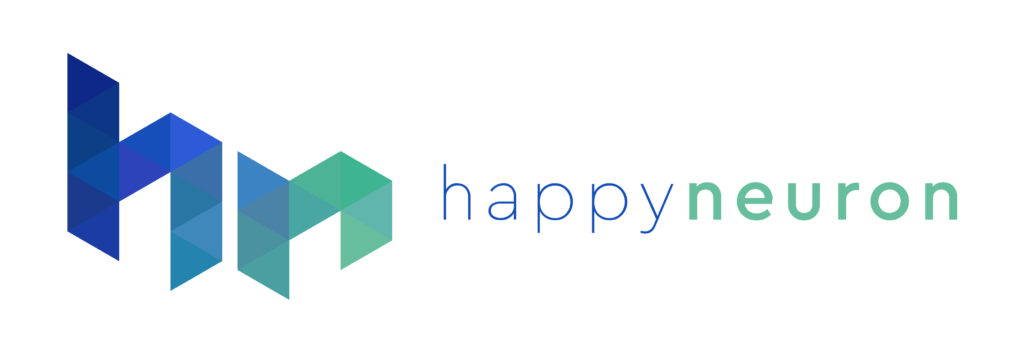Therapists can also design customized exercise plans that allow their clients to build cognitive skills. If a therapist wishes to work with multiple clients at a time, each client can log into their own HappyNeuron Pro account without interfering with another client’s access.
By using video-conferencing, therapists can provide the same guidance as they would in person while their clients use HappyNeuron Pro from the comfort and safety of their own homes.
Many video-conferencing tools have screen share functionality that can allow a therapist to observe how their clients are performing cognitive tasks in real-time.
Get more details here about how to use HappyNeuron Pro in telepractice.





